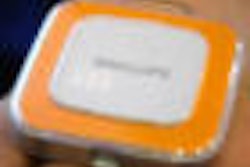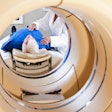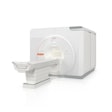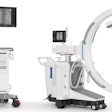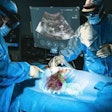The U.S. Food and Drug Administration (FDA) today issued a draft guidance that would relax the agency's requirements for 510(k) clearance of some medical devices.
In announcing the proposed change, the agency said that it was proposing to "downclassify" and exempt from 510(k) requirements some class II devices that have sufficiently well-established safety and effectiveness, as well as sufficiently controlled risks.
"The safety and effectiveness of these devices have been well demonstrated over the years," said Dr. Jeffrey Shuren, director of FDA's Center for Devices and Radiological Health (CDRH), in a statement. "By addressing the risk level of these devices, the agency is taking a smart regulatory approach that eases unnecessary requirements for manufacturers, while making sure the public has safe and effective devices."
Included in the revision would be devices such as collimators, film cassettes, film processors, and digitizers that have well-established safety and effectiveness profiles, and for which less stringent oversight would not compromise public health, according to the FDA. Such devices would no longer be required to go through the 510(k) process as long as they don't exceed the limitations on exemptions specified in the device classification regulations.
In the future, the FDA intends to reduce the premarket regulatory burden on additional in vitro diagnostic and radiology device types, Shuren said.
The draft guidance is open for comment for 90 days.






